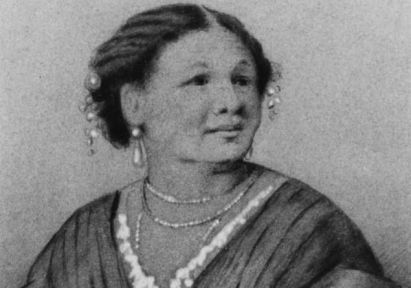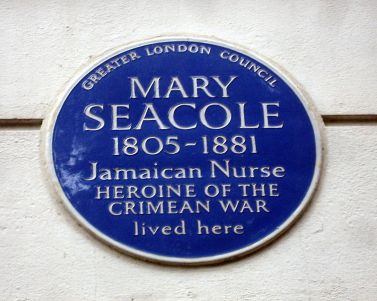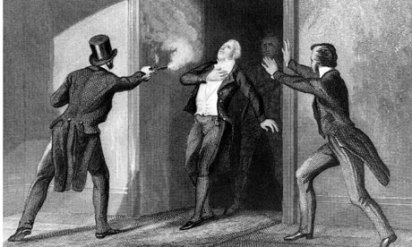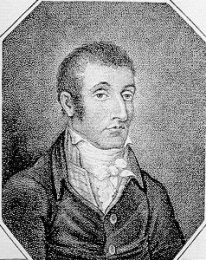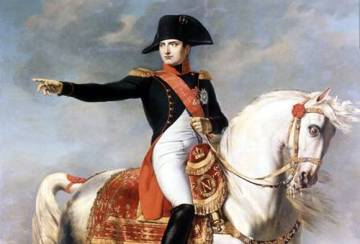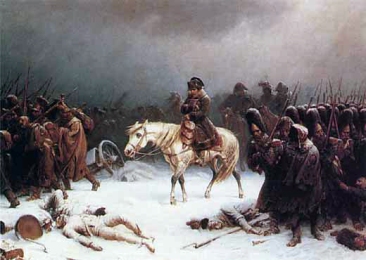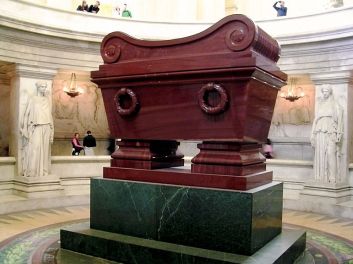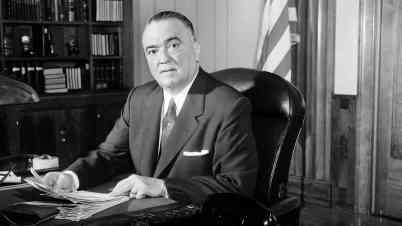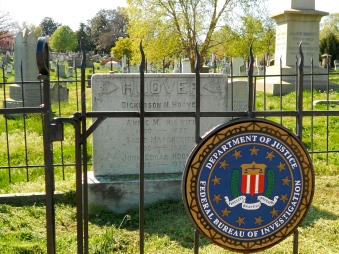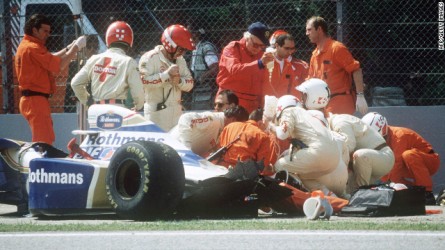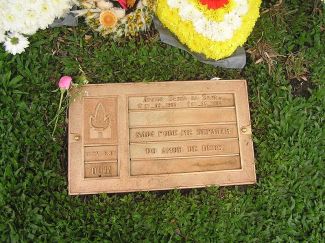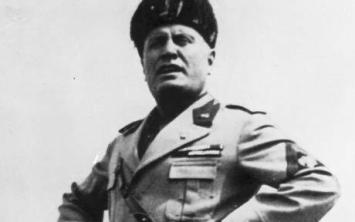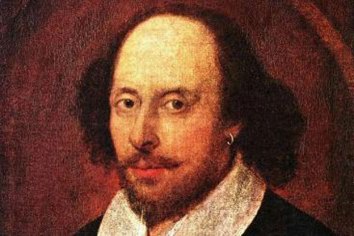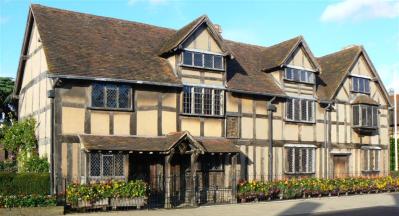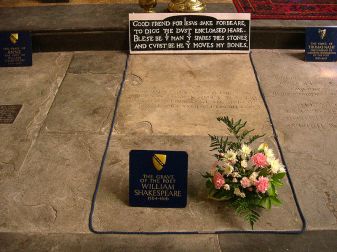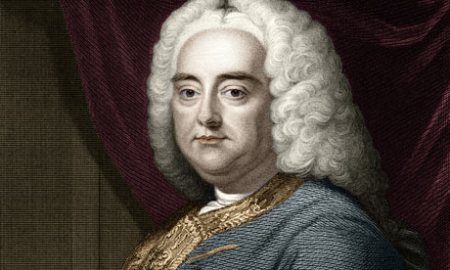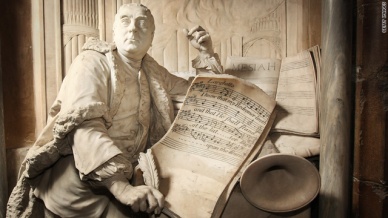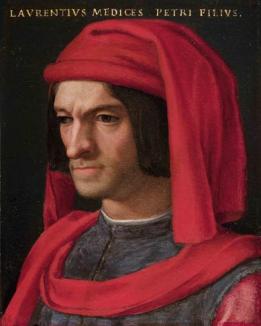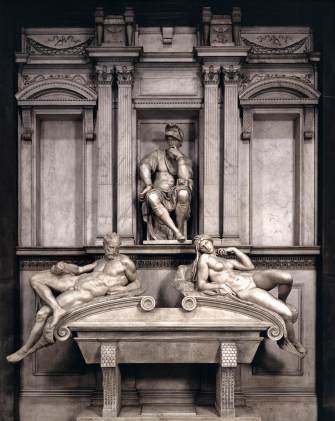On this day in 1701 the Scottish pirate William Kidd was executed in England. Kidd, born in Dundee around 1654, enjoyed a successful career as a seaman before his turn to piracy. In May 1696 Kidd set sail charged with the job of hunting pirates and attacking enemy French ships as a privateer. However whilst on this voyage around the Indian Ocean, Kidd and his crew began plundering treasure ships. During his time, Kidd killed a mutinous gunner on his ship, contributing to his fearsome piratical reputation. Their main prize was the Quedagh Merchant which carried a wealth of gold, silk and spices – the haul from this came to around £15,000, a huge amount of money for this period. As news broke in England of Kidd’s activities, his wealthy and powerful patrons at home scrambled to condemn him.

William Kidd’s body hanging in a cage on the River Thames – from ‘The Pirates Own Book’ by Charles Ellms (source: http://www.historytoday.com/richard-cavendish/execution-captain-kidd)
Kidd was eventually arrested in New York, where he had gone with hopes of support from his powerful contacts there, insisting he was innocent and had acted only as a privateer. Whilst he gave up some of his buried treasure on Gardiners Island, he claimed he had more buried somewhere else; would-be treasure hunters have been searching for his haul ever since. Kidd was put on trial for piracy in England, in what became a public spectacle due to his prominent connections, where he was found guilty and sentenced to death. On May 23rd, Kidd was hanged on the River Thames in London and his body encased in an iron cage and left to rot as a warning to other pirates.

